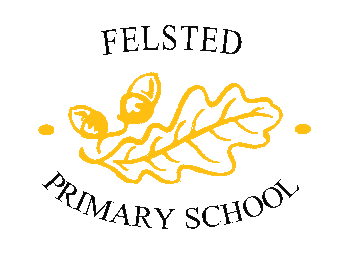Religious Education
RE is taught following the Kapow Primary’s Religion and Worldview curriculum. This scheme supports an inclusive understanding of beliefs, fosters critical thinking and respect for diverse perspectives among children. Pupils learn about traditions, rituals, and theologies through multiple lenses and enquiry questions.
